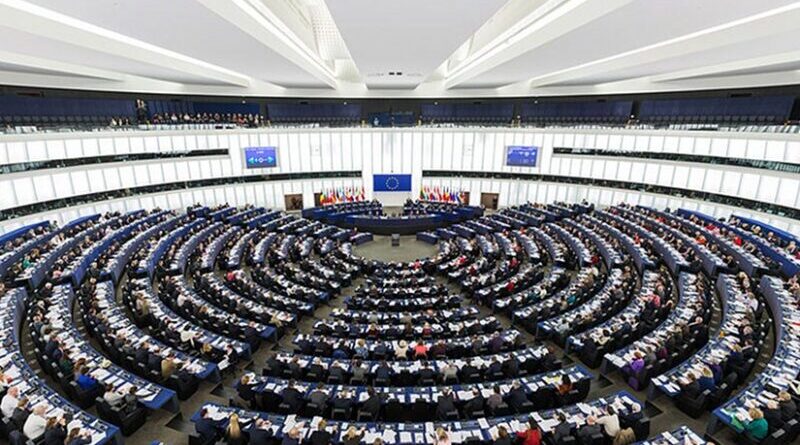Panama Papers European Parliament Committee Keen To Avoid LuxLeaks Mistakes
By EurActiv
By Daniel Mützel
(EurActiv) — The initial outrage provoked by the Panama Papers is over. Now that the dust has settled, a European Parliament committee will examine the case in detail.
A few months ago, two and a half terabytes of leaked data threatened to take down some of the most powerful companies and individuals on the planet. The documents that were made public shone a spotlight on the intricacies of legal and illegal transactions, made by, among others, FIFA officials, heads of government, drug smugglers and banks, which picked Panama as their hideaway for their financial transactions.
It is one of the biggest financial scandals in recent history, but now the EU has begun the process of picking apart the evidence and translating it into real policy. On Tuesday (12 July), the committee tasked with carrying out this task, given the moniker PANA, met for its first meeting.
PANA’s official mandate is to investigate whether EU law was broken by anyone mentioned in the Panama Papers, including tax evasion, tax avoidance and money laundering. This will mean a certain amount of self-examination, as it will have to be firmly established what is and what is not allowed under the EU’s mass of tax law. Additionally, the committee will have to establish which member states have not transposed EU regulations into national law, thus allowing tax fugitives to carry out their illicit practices.
The committee is composed of 65 members and they have been given 12 months to carry out their work. If needed, a three month extension can be granted up to two times. In the end, a final report will be published in order to summarise the committee’s findings.
There is concern that PANA could ultimately end up a toothless tiger like its predecessor, the LuxLeaks committee. However, there seems to be a consensus among its members, at least, that the stakes are much higher this time and the price of failure even greater.
Freie Demokratische MEP Michael Theurer (ALDE) spoke unusually openly about the case, before the committee’s work had even started. In his view, there have been “breaches of law” and “enforcement deficits” on the part of the European Commission and the member states. This is why Theurer, a member of the committee, believes it is the best way to approach the matter and conduct the fight against “tax evasion and money laundering”.
Although the Parliament’s committee has a narrower mandate than its LuxLeaks forebear, it does have more power. It will be able to inspect files related to the issue and call high-ranking members of the Commission and member state governments to its hearings, which will be mandatory, as well as having access to robust instruments. The LuxLeaks committee, according to experts, suffered because its questioning of concerned parties was weak.
Die Linke MEP Fabio de Masi (GUE/NGL), PANA’s deputy chairman went one step further than his colleague, Theurer, saying that “it isn’t about Panama, it’s about everything from organised crime to terrorist financing in the heart of the EU”.
Instead of repeating the mistakes of the past, De Masi called for the committee to put the “thumbscrews” on organised crime. He also called for the committee to go beyond just scrutinising European tax law and to hold the “political backers of offshore business” to account.
Whether PANA will truly get to the heart of the matter will be revealed over the coming 12 months, but its members have already strongly indicated that they intend to use their mandate to take tax avoiders and money launderers to task.

